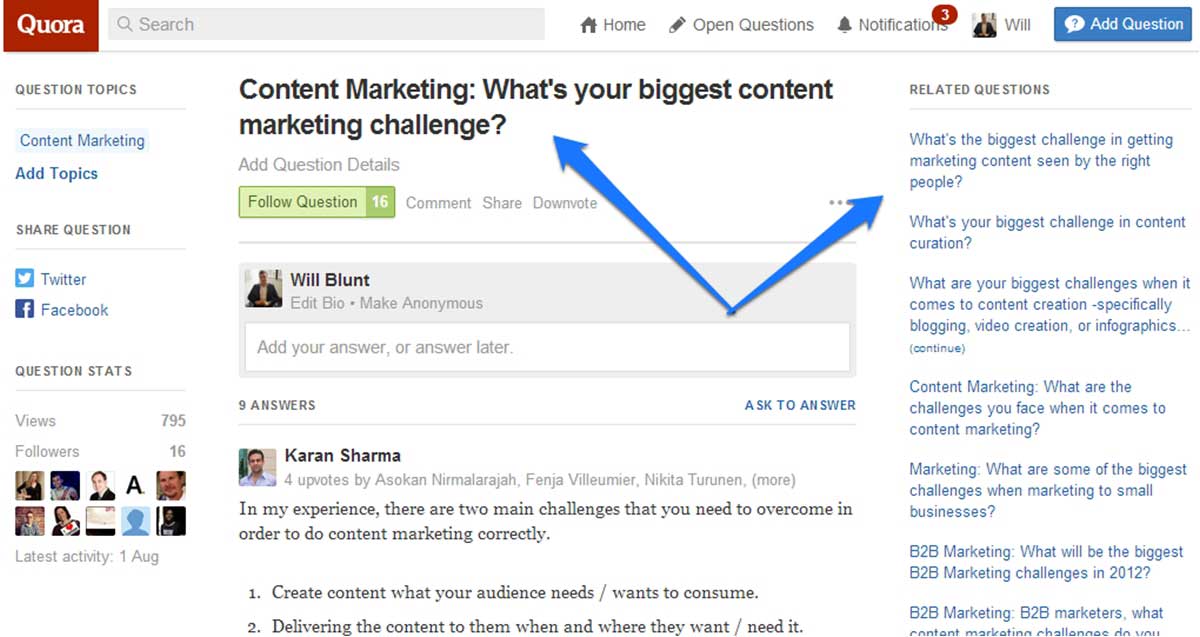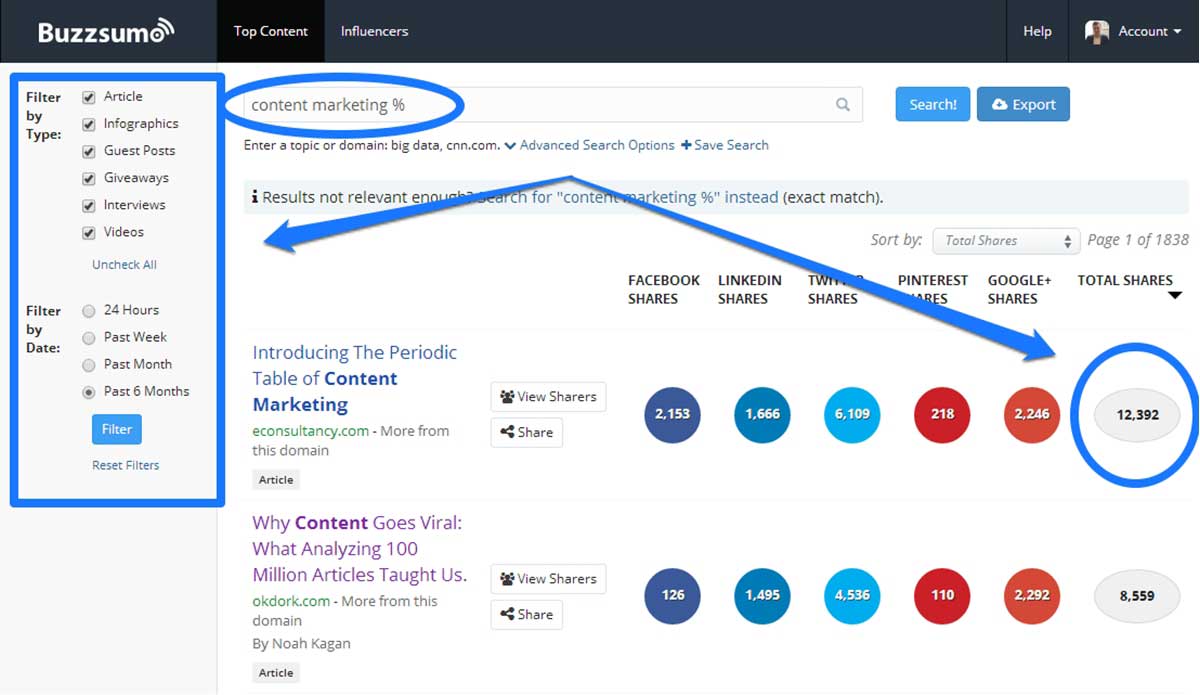At the core of any great marketing campaign are the customers. They are the ones who bring home the bacon for you by signing up to your email list and purchasing your products or services.
No doubt you are desperate to know more about what your customers want and how they behave online so you can adapt and tailor content for their deepest desires and challenges (I certainly am!).
The harsh reality is that customer expectations for personalized content are growing and changing every day. If you are not filling every stage of the sales funnel with personalized, helpful, and timely content, regardless of your tenure or reputation, eventually you will lose out. And the thought that your current marketing efforts might become ineffective in a week, month, or year from now is scary.
I often hear people say the future of marketing is personalization. But, in fact, that time has come already; personalization is already what your customers expect from you. So come to the party and give them what they want.
The backbone of personalizing content is knowing who you are personalizing that content for. Customer research allows you to better understand why, when, how, and what your ideal customers do online. Once you gather that information, you will be able to create highly tailored content that converts visitors into customers and customers into advocates.
So let's look at nine practical ways you can sharpen your customer research efforts right now.
1. Question-and-Answer Forums
A good starting point for researching your buyer personas is free-to-use question-and-answer forums. Get out there and trawl through everything that has already been talked about. What questions are your customers asking? What challenges are repeated over and over again in these forums?
Here is an example of how to do so using Quora.
At the top of the Quora page is a search function. As you can see in the following image, I typed in "Content Marketing ?" Adding in the question mark component helps the system find questions that are related to your search term. Although the term content marketing is very broad, this example still gives you an idea of how you could go about doing this sort of research.
My suggestion would be to start broad with your search terms, and then progressively narrow the terms down based on what you read among the search results. Once you get extremely specific, come back out again to more generic search terms and start the process again.
I decided to click on a question returned by my original search: "What's Your Biggest Content Marketing Challenge?" Start reading the responses from people to questions such as this and collate your insights. My guess is you will begin pinpointing common themes and repeated challenges that all of your customers are facing.
The great thing about Quora is that those who respond to discussions have personalized profiles. (Hint: Document their profile information along with their qualitative responses to the discussion questions.)
Use the suggested links on the right-hand side of the Quora discussion to find similar discussions and fast-track your search time:
The approach I have outlined here for Quora can be replicated across other question and answer forums. Here are a few other alternatives to Quora; familiarize yourself with how they work:
2. Keyword Research
Understanding what keywords your customers are typing into Google, Bing, or other search engines is important. The term "long-tail keywords" is thrown around quite a bit, and it's really what you should be interested in.
Long-tail keywords are specific phrases (as opposed to broad search terms—think "blenheim cavalier king charles spaniel" vs. "small dog") that your customers use in their searches. If you can nail a unique phrase that your ideal customer is typing into Google, and then you include that phrase in the online content you create, you will most likely land on page one of the search results.
On top of ranking in search engines and targeting your pay-per-click ad campaigns, keyword research will give you valuable insights into the language your customers are using—and therefore your customers themselves. If you can replicate that language and tailor content with that voice in mind, you will connect on a deep level with your customers.
Here are a few helpful tools and resources for doing keyword research:
- KeywordTool.io
- SEMrush
- Google Adwords Keyword Planner
- Search Marketing School—MarketingProfs University
3. Content Topic Research
The Web is a vast resource of extremely valuable information, but it can be both a blessing and a burden. If you have clearly defined exactly who your ideal customer is, it becomes easier to cut through the clutter and find out what interests them.
Similar to the way you just searched Quora and Yahoo Answers to discover more about your customer's daily challenges, there are ways to find out what your customers like and perhaps don't like. Let me illustrate by using a tool called BuzzSumo, which is something I use to research all of my blog posts.
For the sake of this example, I just searched the term "content marketing %" in the BuzzSumo search function. This time, I added a percentage sign instead of a question mark. (Hint: These small variables can deliver substantially different results and insights.)
BuzzSumo shows you an array of content examples and types for a specific topic. To search, try the keywords you defined for your buyer personas; you will be able to see what else has been created about that topic. The search results are ranked based on social shares, giving you insight into how popular and shareable the topic is.
The filter functions I have outlined on the left hand side of the image allow you to narrow your search based on type of content and time frame.
(Hint: If the keywords you are searching don't rank for social shares, two interpretations are possible: Your topic isn't interesting, or you've discovered an untapped search ranking space. My guess is it's most likely the first, so listen to BuzzSumo and pick another topic.)
In part 2 of this article, we'll discuss social media, competitor research, online surveys, paid market research, online customer research tools, and crowdfunding as research.







